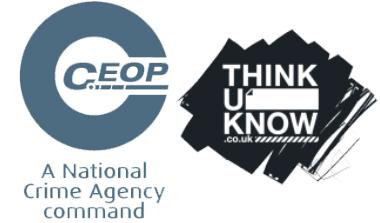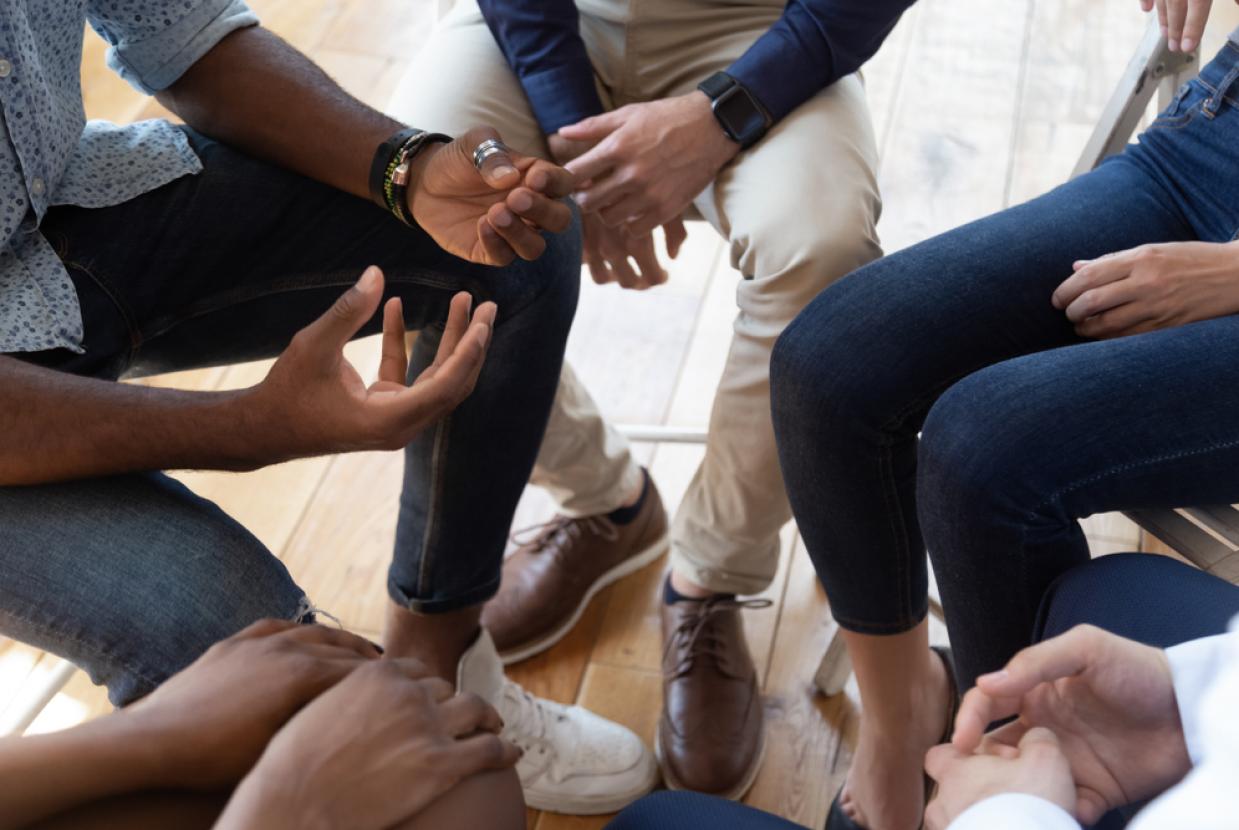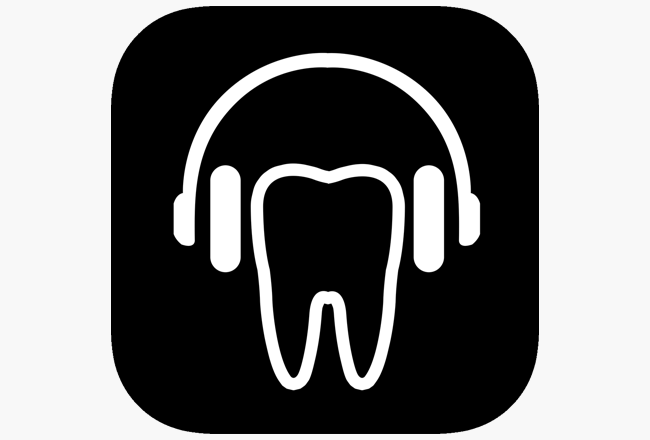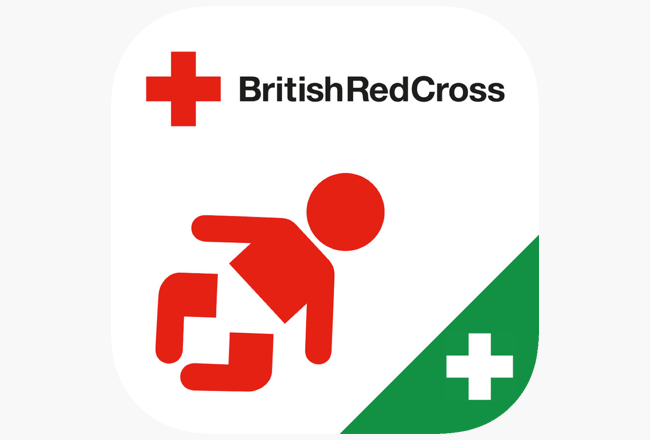Cyber Security: What Parents & Carers Need To Know
Your children are probably the go-to IT advisor in the family, but security may not be their top priority. We’ve teamed up with The National Cyber Security Centre to give you some advice about how you and your family can work together to make some small changes to the security of your online accounts and devices to better protect yourselves from online scams.
What is cyber security?
Cyber security is important because smartphones, computers and the internet are now such a fundamental part of modern life, that it’s difficult to imagine how we’d function without them.
Cyber security is the way we reduce the risk of becoming a victim of cyber crime. Cyber crime is criminal activity that either targets or uses digital technology, like a computer, a computer network or a mobile device, in order to steal money or information to sell on. For example:
- Hacking to get information, including social media and email password
- Phishing, where bogus emails asking for security information and personal details
- Malicious software, through which criminals hijack files and hold them to ransom
Cyber security is about protecting the devices we use and the services we access online. It’s also about preventing unauthorised access to the personal information we store on these devices, and online.
6 Cyber Aware Tips
1. Protect your email account with a separate password
Your email account contains lots of information about you and is the gateway to all your other online accounts. If you think about it, if someone gets into your email, they could potentially reset the password on all your online accounts. That’s why it’s so important to keep it secure by protecting it with a strong password that is different to all your others.
2. Create a strong password using three random words
Essentially the longer and more unusual your password is, the stronger it becomes and the harder it is for a criminal to hack or guess. The best way to make your password hard to hack is by using a sequence of three random – but memorable words. For example, “BeachTarantulaOranges” (don’t copy this one though…).
3. Save your passwords in your browser
You and your family probably have more online accounts than you can keep track of, from banking to shopping to social media to tv streaming services. You should avoid using the same password for different websites and do this by finding a way to remember passwords that works for you.
Saving your passwords in your browser (for example, Google or Bing) is a great way to do this. You might recall seeing a pop up box when you log into a new website from your phone, tablet or laptop, that says “would you like to save this password?” – saying “yes” will take the burden away from you.
4. Turn on two factor authentication
For an added layer of security on your important accounts, such as email, social media and banking, turn on two-factor authentication (2FA). This is a free security feature that’s available on many popular services and helps to prevent criminals accessing your accounts even if they have your password.
What happens is after you have entered your password, you are also sent a text or code when you log in, to check you are who you say you are. So if another person tries to access your account, they can’t even if they have your password.
5. Update your devices
Making sure your devices – your laptop, phone, tablet, games console, smart speaker - have the most up to date software and apps is one of the best things you can do to immediately improve your security.
Cyber criminals exploit weaknesses in software and apps to access your sensitive personal data, but providers are continually working to keep you secure by releasing regular updates. We’d encourage you to regularly check for updates on your devices and apps or set them to automatically update so you don’t have to think about it anymore.
6. Turn on automatic backup
If you’ve ever left your phone in your pocket and not realised until you heard it bouncing round the washing machine, your first two thoughts were probably ‘that’s going to be expensive’ and ‘I hope I haven’t lost all my photos’.
We can’t help with the first thought, but the second one is easy to prepare for, just turn on automatic backup on your device. Not only will it help keep those treasured memories safe so you can access them again when you get a new device; it will also mean that if your phone, tablet or laptop is hacked you can recover quickly from your backup.
Report suspicious emails
Ever wondered what you should do if you or your children receive an email you think might be scam? The National Cyber Security Centre (NCSC) has recently launched its Suspicious Email Reporting Service, so if you receive an email you think is at all suspicious you can simply forward it to report@phishing.gov.uk.
If anything is found to be malicious, the NCSC will take it down and you will have helped protect others from falling victim to scams. Since it was launched in April, they have received over a million reports, which has led to over 10,000 new scams being taken down.



